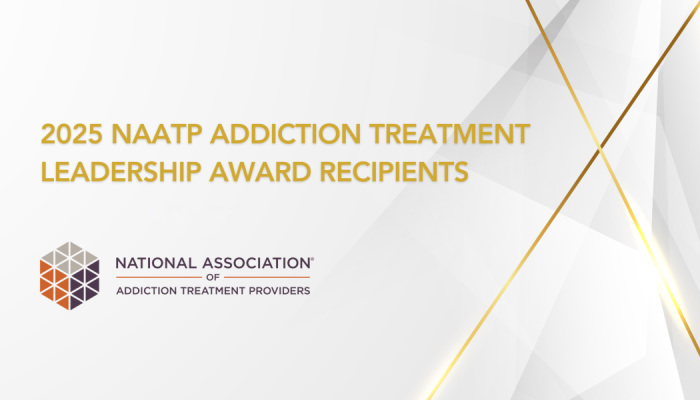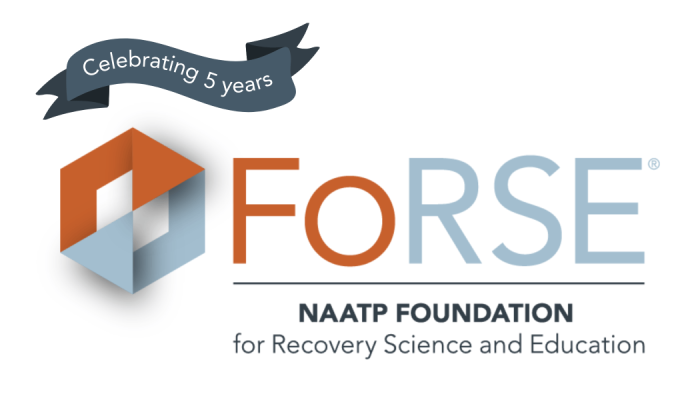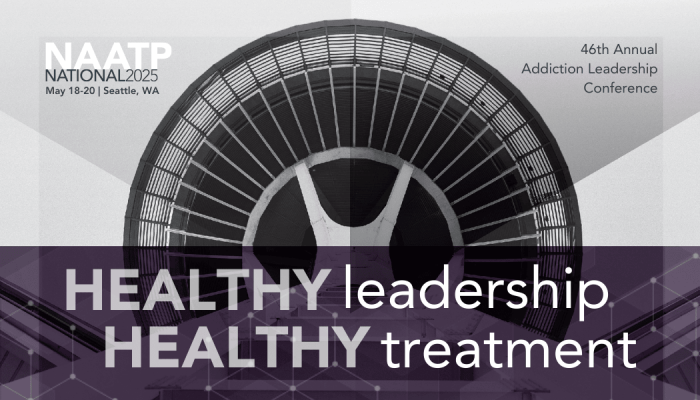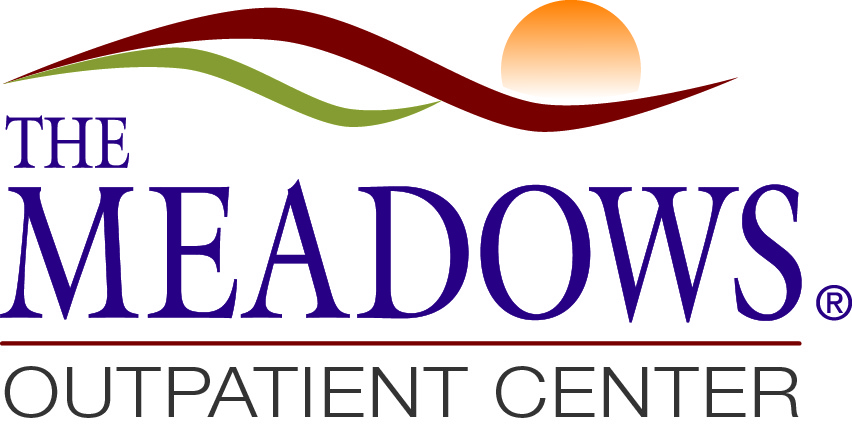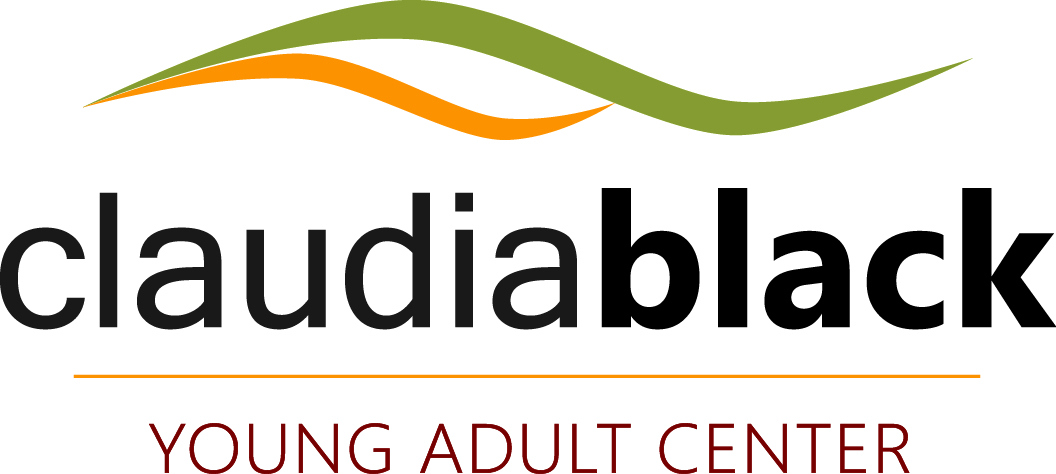Nov 7, 2018
The mid-term election is now history. Once again, the American People have given us divided government. NAATP congratulates the winners in last night’s election. We appreciate their commitment to public service and look forward to working with them regarding issues impacting substance use disorder treatment.
The disease our members work so hard to effectively treat impacts everyone. It does not discriminate between any ethnic group, rich or poor, republicans or democrats. The steps necessary to enact public policies effectively addressing this disease should not be relegated partisan rhetoric.
When we look at the major public policy achievements in the past few decades, the most significant advances have passed on a bipartisan basis. That was certainly true for the Mental Health Parity and Addiction Equity Act (Parity), which was probably the field’s most significant legislative achievement in the last 25 years.
It was also true for the Comprehensive Addiction and Recovery Act (CARA) of a few years ago. This year Congress came together, impelled by the Opioid crisis, to pass HR 6. It contained 120 separate pieces of legislation proposed by well-meaning legislators from both parties. It passed overwhelmingly and made significant advances critically important to the entire field.
NAATP encourages the new Congress to continue addressing the issues of substance use disorder on a bipartisan basis. As an organization we pledge to continue to work with any member of Congress who cares to focus on the issues impacting treatment of the disease of addiction, regardless of political party. If everyone works together, we can continue to make progress.
We still have too many Americans dying from this treatable disease, and addiction does not discriminate.
Review NAATP Policy Agenda.
Mark Dunn
NAATP Director of Public Policy
Washington, DC




